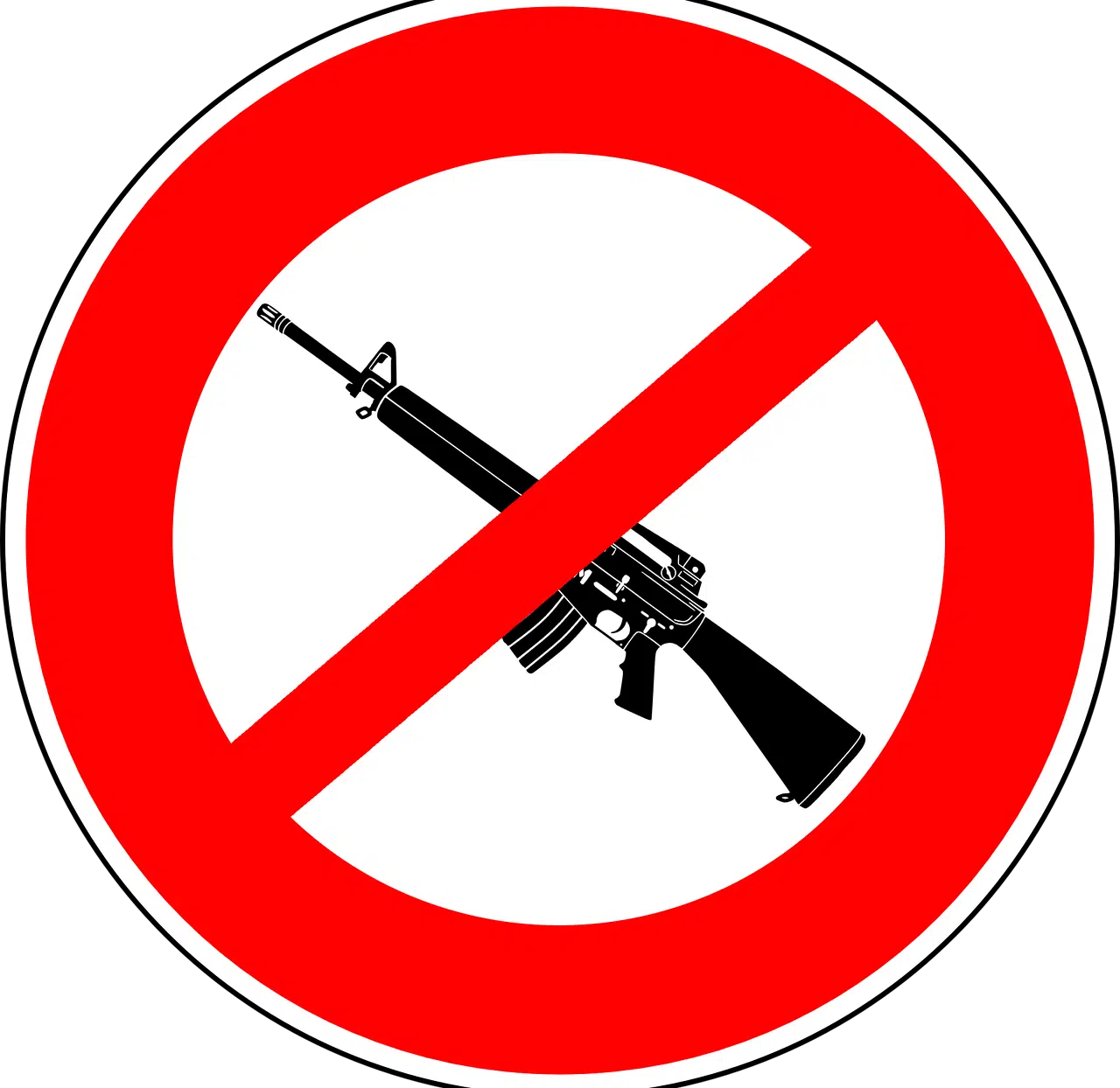
Disarmament reduces the risk of armed conflict.
Disarmament is a concept that refers to the act and result of disarming : that is, taking away the weapons of an individual, a group or a corporation. The term also refers to the voluntary delivery of weapons and the reduction of military forces decided by a country.
It is important to indicate that a weapon is an artifact that is used to perpetrate an attack or as a defense resource. The set of weapons at the disposal of a person, a group or a body is called armament .
Disarmament as a path to peace
Disarmament is a path promoted by the United Nations ( UN ) for the construction of peace . Specifically, the UN prioritizes destroying chemical weapons and eliminating nuclear weapons , in addition to prohibiting biological weapons , since they put the existence of humanity at risk .
Beyond these objectives, the UN has warned that nations tend to focus on limiting the distribution of small arms and light weapons and the installation of landmines . This is associated with the direct impact they have on the lives of millions of people and the daily functioning of multiple communities.
As a means of pacification and an instrument to improve security , therefore, the UN seeks to annul the arms race and promote global disarmament through treaties and conventions. In fact, there is a United Nations Disarmament Commission that works towards this goal, as does the Office for Disarmament Affairs .

Disarmament initiatives seek to promote peace.
Treaties and agreements
Treaties and conventions are international instruments that States sign as part of a disarmament policy and with the aim of contributing to the search for peace and security.
The Nuclear Non-Proliferation Treaty ( NPT ), which entered into force in March 1970 , is one of these resources that aims to limit the stockpiling of nuclear weapons and limit the development of weapons of mass destruction. However, countries such as Israel , Pakistan and India never signed the agreement, while five states were authorized to have nuclear weapons : the United States , China , Russia , the United Kingdom and France .
The Comprehensive Nuclear Test Ban Treaty ( CTBT ) is framed along these same lines. In the context of the so-called Cold War between the United States and the Union of Soviet Socialist Republics ( USSR ), these two countries had also signed the INF Treaty (focused on intermediate range nuclear forces) and the START Treaty (for the limitation of nuclear missiles).
In addition, there are several disarmament conventions , such as the Anti-Personnel Mine Ban Convention or the Ottawa Treaty ; the Biological Weapons Convention (also known as the Biological Weapons Ban Treaty ); the Chemical Weapons Convention (sometimes referred to as the Chemical Weapons Prohibition Treaty ); the Cluster Munitions Convention ; and the Convention on Certain Conventional Weapons .

Multilateral disarmament and the reduction of military expenditures are measures that contribute to stability.
Preventive disarmament
Preventive disarmament is one of the measures promoted by the international community to preserve peace. In this way, the demilitarization and demobilization of troops is called for in areas where armed violence is recurrent.
This type of disarmament is based on the destruction of weapons used long ago to prevent their use again in future confrontations. The initiative is complemented by negotiations to maintain peaceful coexistence.
Preventive diplomacy , in this sense, is promoted when, when analyzing the international panorama, threats to security and peace are noted. Faced with this reality, the Secretary General and the UN Security Council can make various decisions, such as sending representatives to conflict regions.
activism
There is activism for disarmament that develops and promotes various initiatives that go beyond the work carried out by the State and supranational organizations. There are associations whose function is to encourage voluntary disarmament and raise awareness in society about the problems associated with weapons.
The Argentine Network for Disarmament is an example of a non-state entity that promotes citizen initiatives for disarmament. Made up of members who work ad honorem, it is articulated with State agencies but facilitates citizen participation.
In Uruguay , to mention another example, the Association to Fight for Civil Disarmament operates. Its purpose is to minimize the number of weapons in the possession of civil society.
The International Day for Awareness on Disarmament and Non-Proliferation
The International Day for Awareness on Disarmament and Non-Proliferation is commemorated on March 5 . This anniversary was celebrated for the first time in 2023 based on a resolution of the UN General Assembly .
The day aims to help public opinion become aware of the importance of disarmament to promote security and achieve peace. Likewise, it draws attention to the suffering that people suffer due to weapons.
